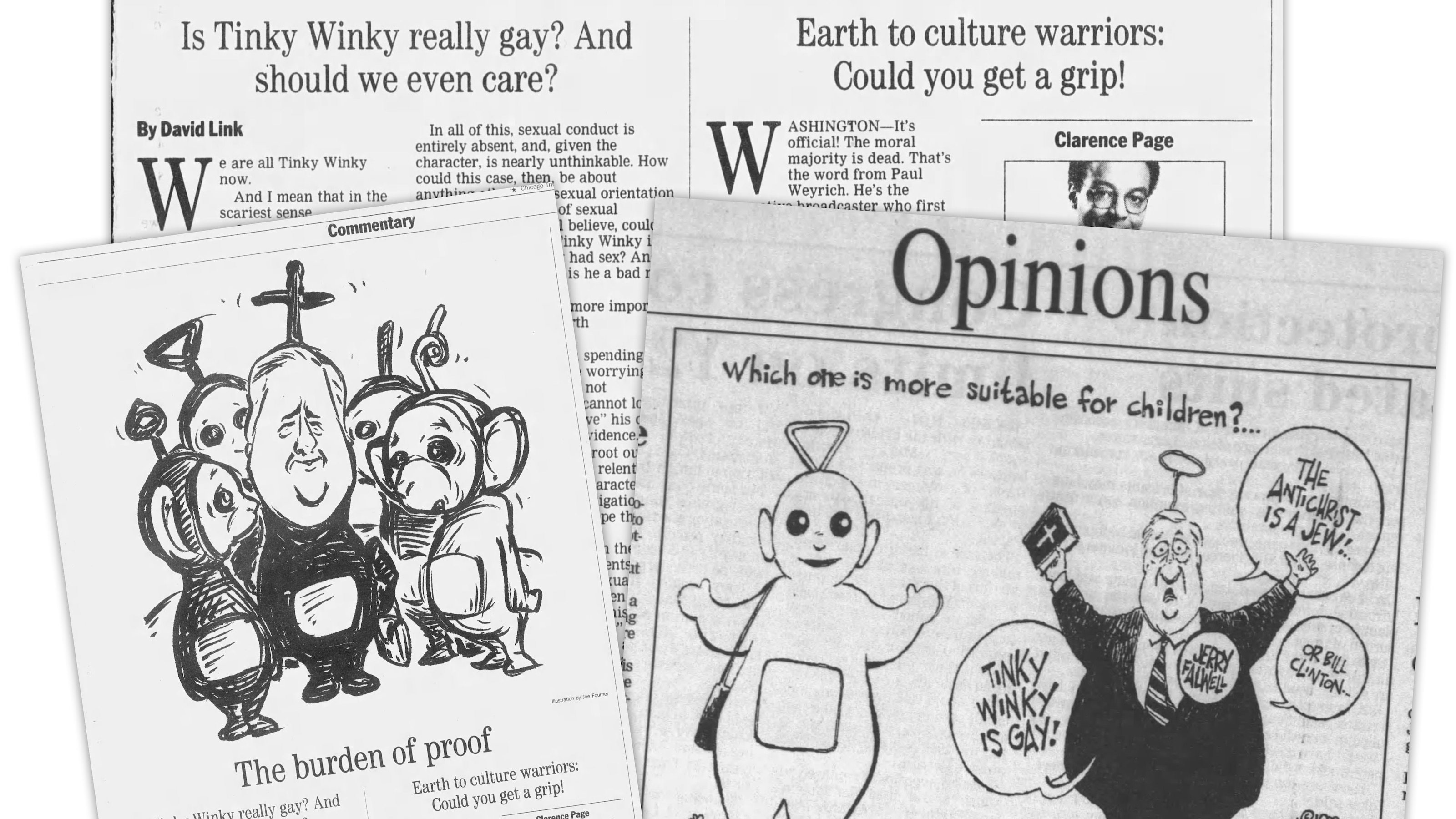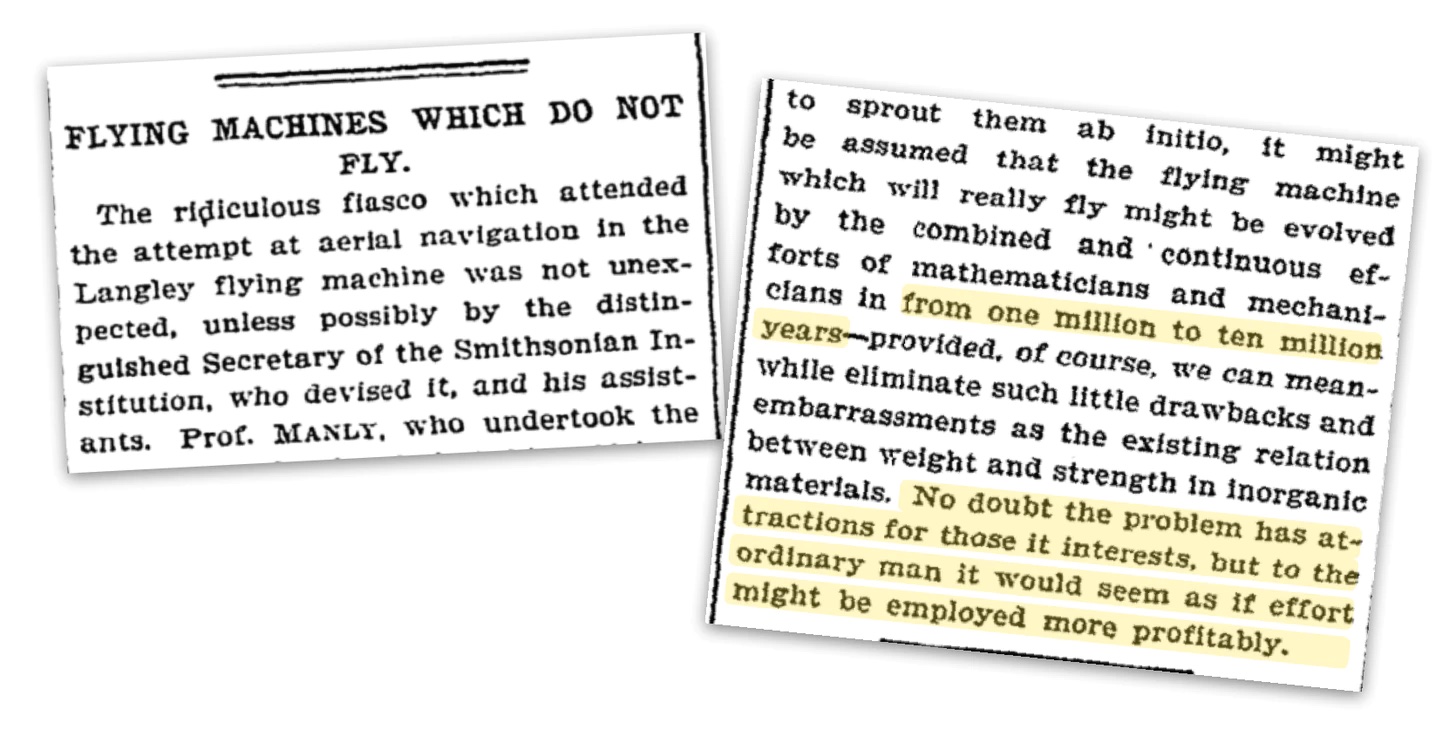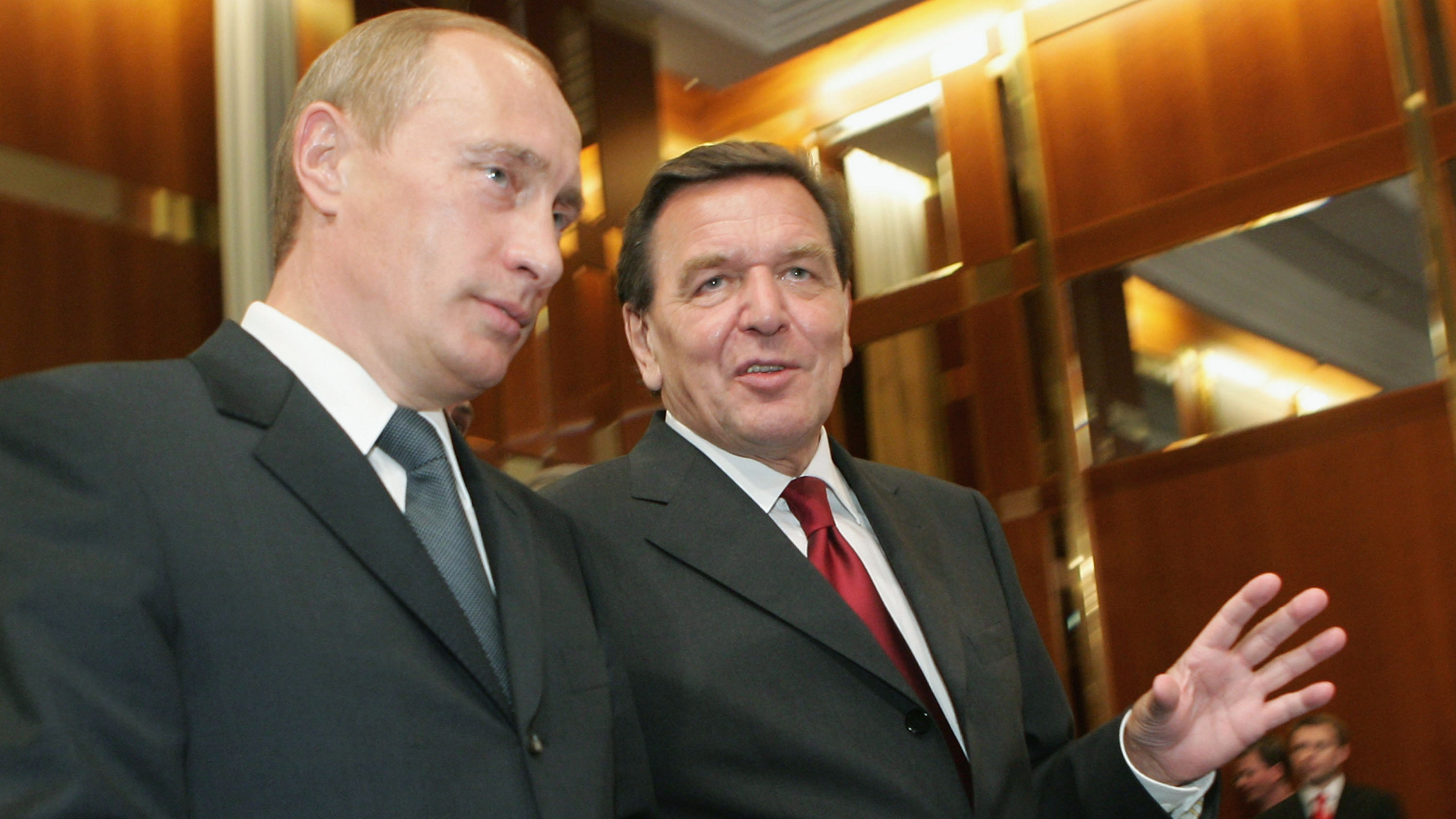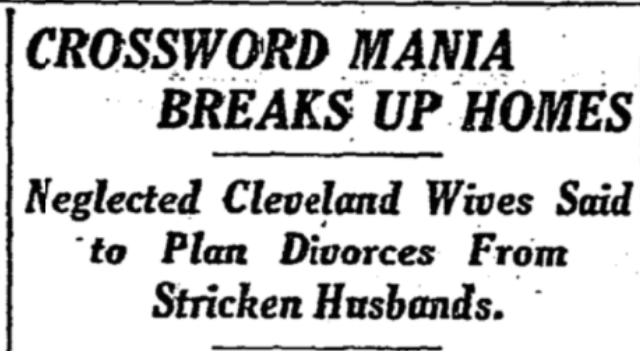Why the coronation of Queen Elizabeth II was almost banned from TV
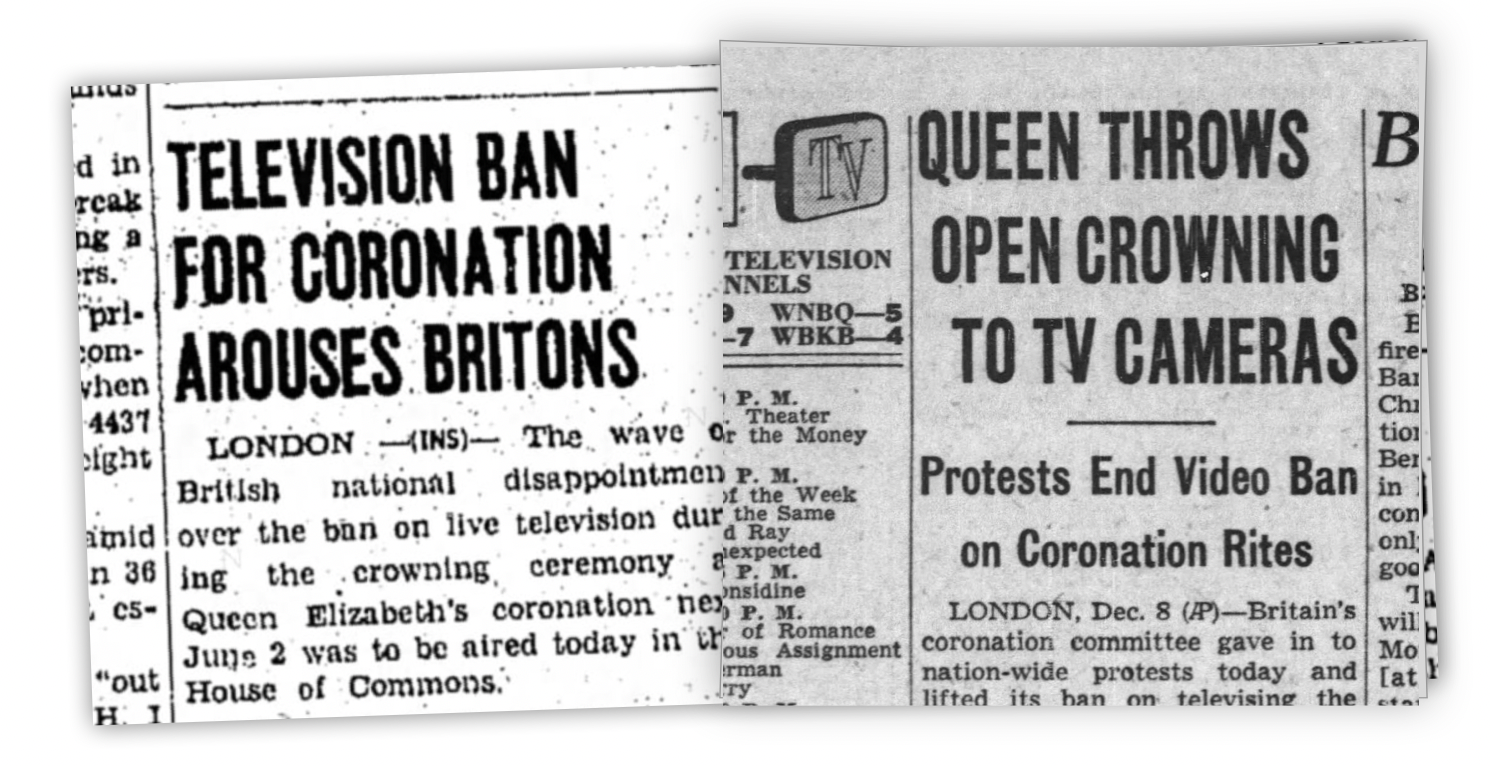
- On June 2, 1953, Elizabeth II was sworn in as Queen of England. Prince Philip, the Queen’s husband, wanted the coronation televised as a way to help modernize the monarchy.
- Opponents, including Winston Churchill, felt that a televised coronation would be an affront to its dignity and religious character.
- An outraged British public got the coronation televised.
This article was originally published on Pessimists Archive. It is reprinted with permission of the author. For more articles like this, see Big Think’s Pessimists Archive page and sign up for the newsletter.
On June 2, 1953, Elizabeth II was sworn in as Queen of England. Only 25, she was prematurely turning from Princess to Queen after the untimely death of her father King George VI. His Coronation, 17 years prior, was the first to be broadcast live over radio, and the assumption was that Queen Elizabeth’s Coronation similarly would be broadcast live via the latest innovation of the time: television.
Just as Nikola Tesla had predicted in 1926 when he imagined, “We shall be able to witness and hear events — the inauguration of a President… just as though they were present,” the coronation could now be experienced not just by royals and gentry, but by regular Britons just as though they were present in Westminster Abbey.
It was the Queen’s husband, Prince Philip, who proposed that the coronation be televised, as one of his first recommendations as royal spouse. He believed it was an important step in modernizing the monarchy and making it more accessible to its subjects. The suggestion was met with resistance, including from the Queen Mother and then Prime Minister Sir Winston Churchill, who believed:
“It would be unfitting that the whole ceremony, not only in its secular but also in its religious and spiritual aspects, should be presented as if it were a theatrical performance.”
Prince Philip’s proposal was ignored, and on October 20, 1952, the Coronation Committee made the decision to ban live television cameras from the coronation. The British public was not happy, and the ensuing controversy was referred to by one outlet as “one of the loudest controversies in years.”
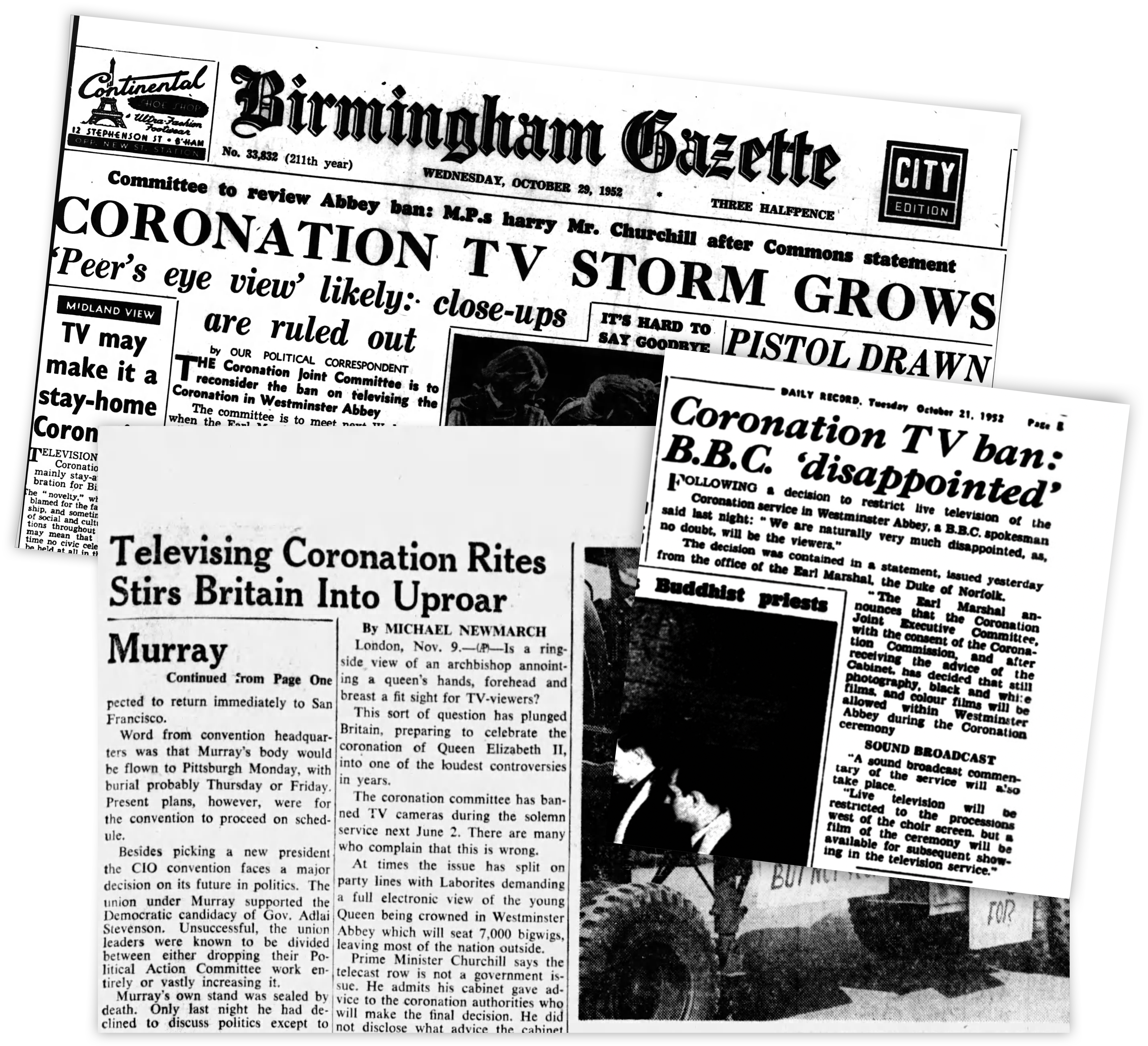
The issue “boiled into a hot political stew,” and outrage among the public meant that “letters poured into newspaper editors energetically protesting the ban.” In Parliament, 79 Labour members introduced a motion on the subject. They criticized Sir Winston Churchill for not making the Conservative party’s stance on the subject clear.
Proponents of allowing a live televised broadcast of the coronation saw it as a democratizing force, extending the right to see the highest of public servants being anointed beyond high society and those lucky enough to be a royal by birth or marriage. Opponents said it would add undue pressure on the Queen and “detract from the dignity and religious character of the event.”
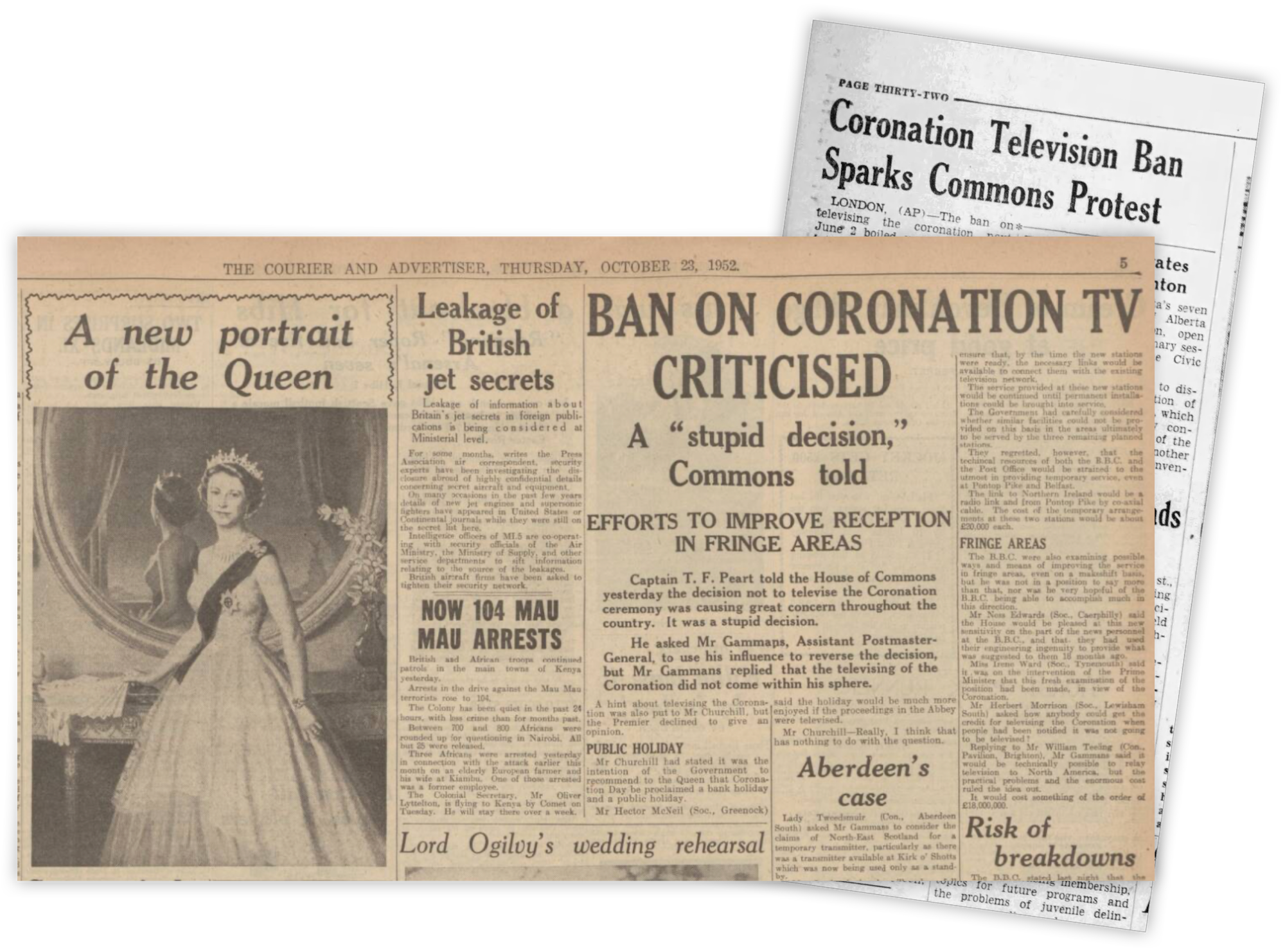
On October 28, Prime Minister Winston Churchill made a statement in Parliament regarding the subject:
“It is our hope that it will prove possible in practice to carry into effect the principle that the world should see and hear what the congregation in the abbey see and hear.”
Afterward, it was reported that the atmosphere in Parliament was “unhappy” and “excitable” with Churchill tapping his knuckles on his knee with “an expression of surprise and indignation that such controversy should be imported into the Queen’s Coronation” on his face. The Coronation Committee announced they would convene a meeting the following week to discuss the matter.
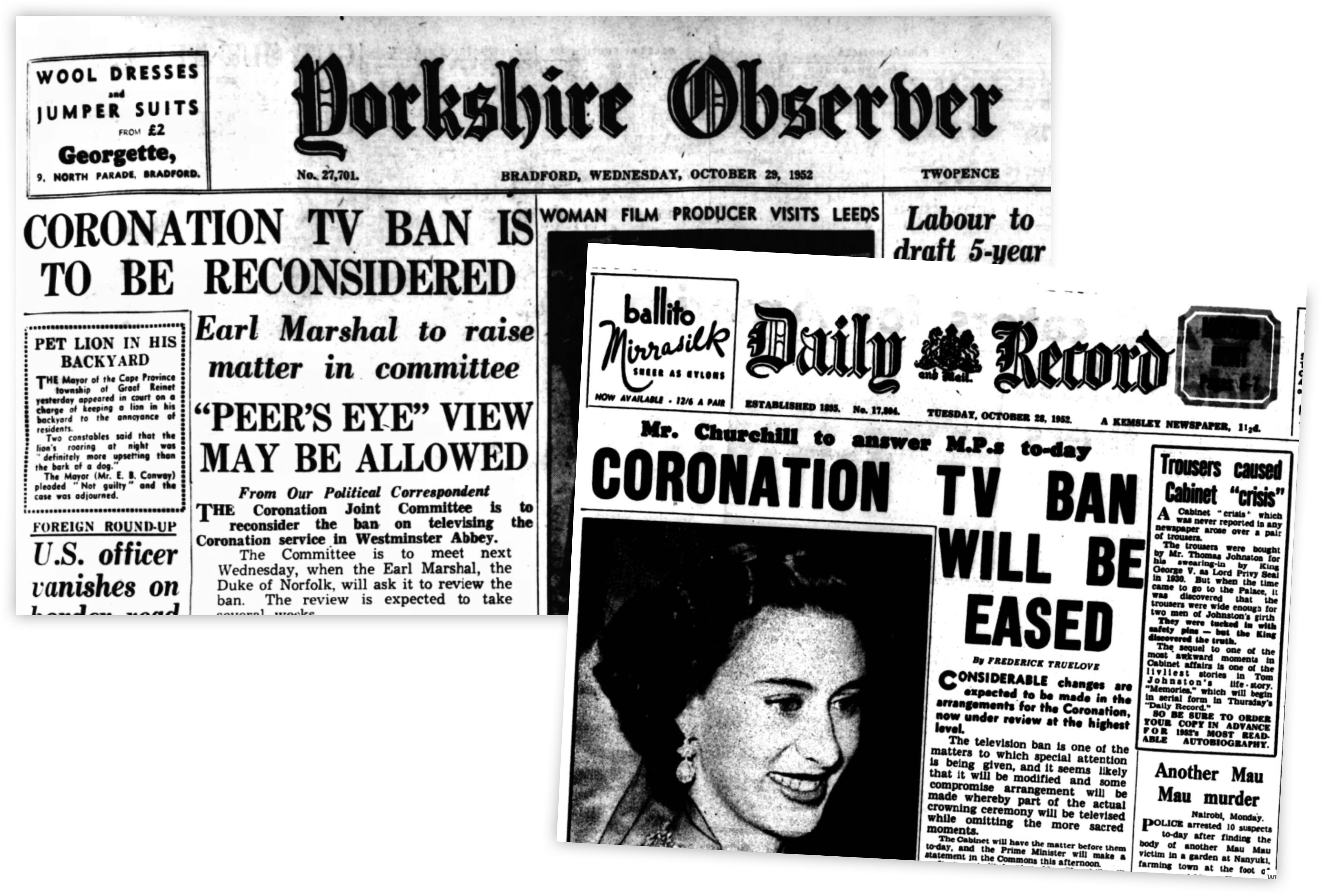
On November 6, the Coronation Committee met to discuss the ban, giving hope to millions of Britons who wanted to tune in live. A month later, on December 8, it announced the ban on televising the Coronation was overturned — with the blessing of the not-yet-crowned Queen Elizabeth.
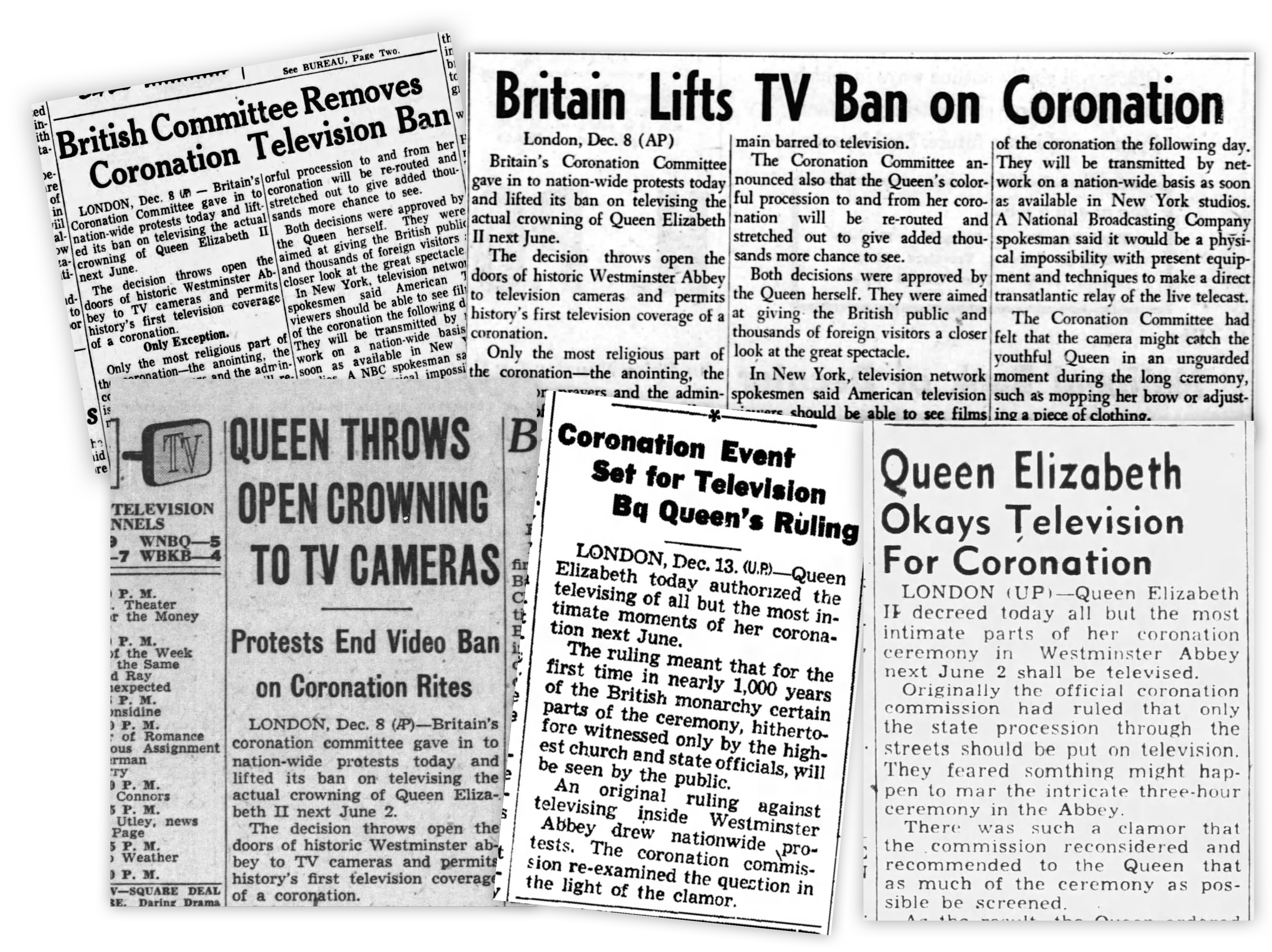
The announcement saw a boom in television sales across the United Kingdom, and on the big day, 27 million people watched the ceremony and millions more in other countries. The futuristic vision of Nikola Tesla had come true, and a desire for a more accessible and modern royal institution pushed by Prince Philip was delivered.
Television’s reputation would decline rapidly over the next half century — going from being seen as a marvel of modern invention to an un-classy commodity with an addictive allure. One prominent anti-television activist called on Prince Charles to ban television from his inauguration, whenever it would be, saying:
“The Queen’s coronation in 1953 had marked the start of widespread television viewing in the UK, a TV-free Charles coronation would… have a pleasing symmetry to it.”
The inauguration of King Charles III is finally upon us and, like in 1953, the sacred ceremony won’t be limited to British high society within the confines of Westminster Abbey; it will be accessible to billions of people around the world. Ironically, television won’t be the primary medium with which it is received — the internet will be — fitting for the heir to the throne of a monarch who was the first head of state to send an email in 1976.
